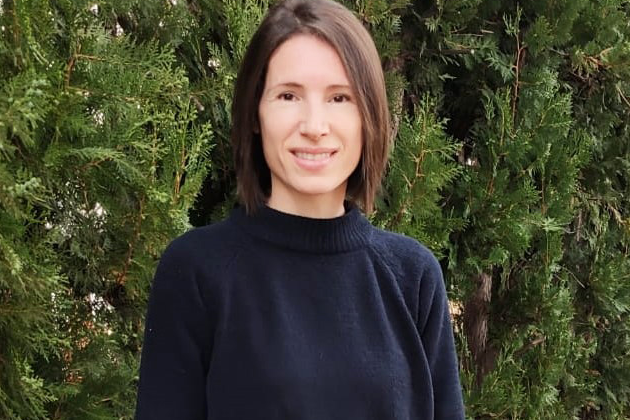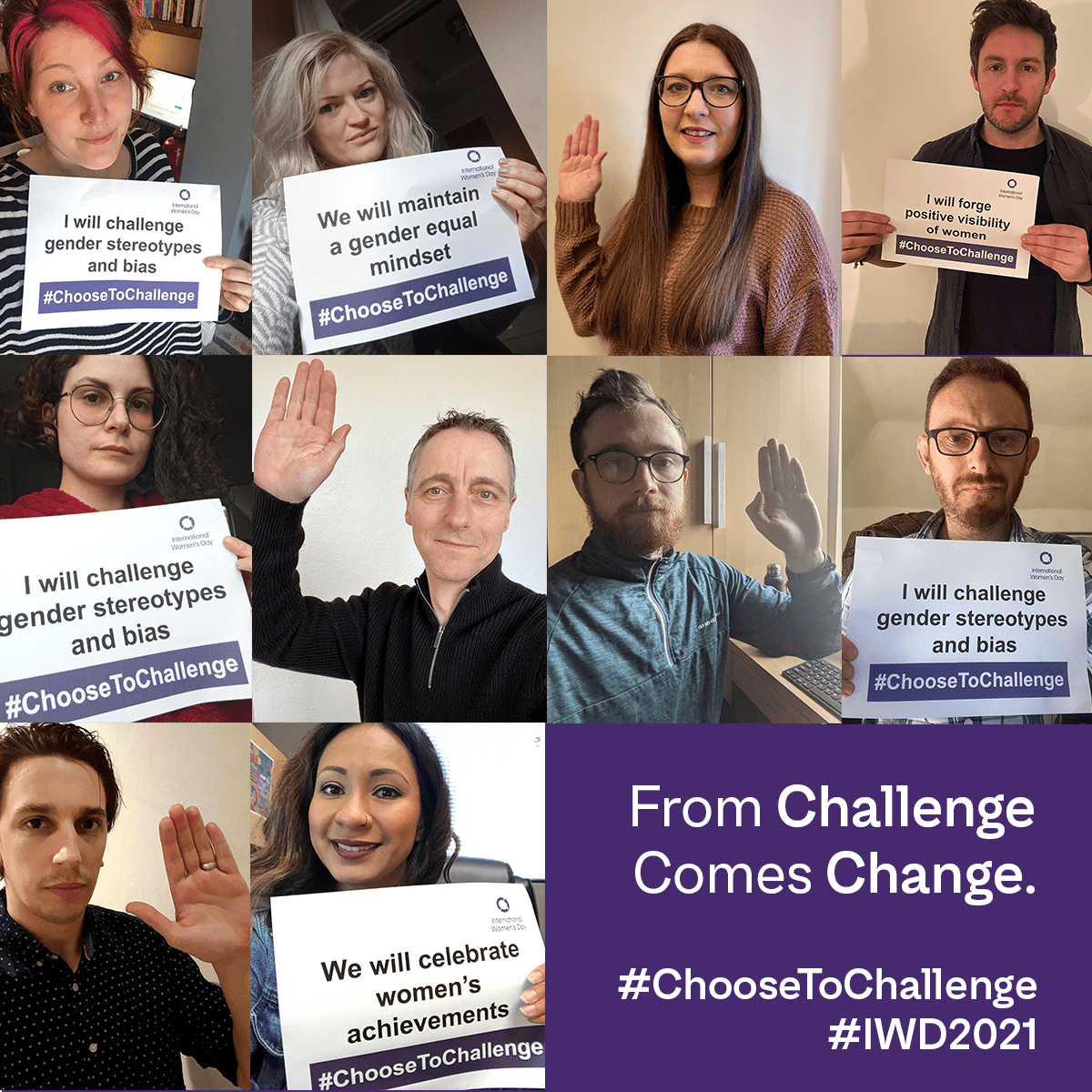Translator Spotlight: Marina Borrás Ferrá

Continuing on the theme of female empowerment and positivity sparked by International Women’s Day last week, we spoke to Castilian translator, Marina Borrás Ferrá, about her admiration for Women in Localization, why it’s important to have role models in the profession and advice for translators looking to kick-start their careers.
Tell me about yourself and your role with ZOO!
I am a freelance translator, translating from English, French and Catalan into Castilian Spanish. I have been working with ZOO for four years now, translating and reviewing a wide range of projects, from subtitling to voice over.
My main areas of work are translation for subtitling and dubbing, comic book translation, and technical translation. Before becoming a freelancer, I worked in-house in several localization companies in different countries, but I now live in Barcelona.
What does a day in the life of a translator look like for you?
I work from home, on my workstation. Freelancing gives me all the freedom and flexibility I could not have working in-house. I set my own schedule, but I try to keep it to office hours, in order to have a good life-work balance; I also try to make regular pauses and some exercise every day. Being my own boss is a daily challenge, because sometimes it is quite difficult to disconnect from work, but it’s very fulfilling.
What does it mean to be a part of the Women in Localization organization?
The Barcelona chapter used to organize social events (back when meet-ups were possible), which was a great way for me to stay in touch with former colleagues of the localization companies I worked in, but also an opportunity to meet new people from the industry. I was also lucky enough to be invited to join a panel on audiovisual translation.
Being part of a community that promotes equal opportunities for women in the localization industry is very rewarding.
Being part of a community that promotes equal opportunities for women in the localization industry is very rewarding, so I’d recommend anyone to join local chapters or even start new ones. Unfortunately, there’s still much work to be done!
How important are events such as International Women’s Day, which was held last week?
The International Women’s Day is a day for celebration, but we also remind everyone there’s still a lot of room for improvement in our society when it comes to women’s rights, equality and feminism in general.
Even in current situation we face due to the pandemic, we have lots of virtual events, so we can still celebrate from our homes. But most importantly, we have to carry on the spirit throughout the year in our daily life.
What advice would you give to women who want to start a career in translation?
From my experience, after finishing the translation studies, applying for in-house roles at a translation or localization company is very advisable, and not only for translation positions. You can learn from all the roles and see different points of view.
If you decide to become a freelancer, I’d recommend sending out CVs well in advance, because it usually takes months or even a year to get started. I also think it’s very important to diversify fields and look for different types of clients, because every industry has its own dry periods. In the end, it’s a matter of being persistent and never stop looking for opportunities, even when you have a steady flow of work.
I think the new generations are proving to be very capable of claiming their rights at work, so I am very hopeful for them.
Last but not least, building a good network of colleagues and joining associations is extremely helpful. Exchanging advice and lending a helping hand will help prevent you from being isolated, especially if you work from home like I do.
Although it’s true women are still facing a lot more challenges than men in the workplace and some people say we tend to be shier and undervalue ourselves when it comes to negotiations, I think the new generations are proving to be very capable of claiming their rights at work, so I am very hopeful for them.
What woman has most positively impacted you in your career? What is one lesson she taught you?
There is more than one woman I look up to, including many of my fellow translator colleagues. They are an inspiration to me.
As we know, our profession is mainly made up of women, and I don’t feel there’s a fierce competition among us, quite the opposite. We offer each other support and guidance, and being a freelance would be much more difficult without them. I guess I could say the biggest impact is realizing what a tight community we are and realizing how sticking together is our biggest strength.
The biggest impact is realizing what a tight community we are and realizing how sticking together is our biggest strength.
Why is it so important to see female role models in the workplace?
A few weeks ago, we had the 6th CITA (International Conference in Audiovisual Translation), organized by ATRAE, the Spanish AVT organization, and there was a panel about women (un)visibility. The moderator of this panel, Paula Mariani, an excellent translator, explained that 70% of the audiovisual titles on DAMA (the Spanish collecting society specialized in royalty management for audiovisual content) are registered by women. In spite of this, the most famous audiovisual translators and the translators that receive more awards are mainly men.
This means that even though there’s a majority of women translators we tend to remain in the shadows for whatever reason. We are all equally capable, but women need more visibility so the next generations have more female models to look up to. Meeting successful woman’s motives us to advance in our careers.
Women need more visibility so the next generations have more female models to look up to. Meeting successful women motives us to advance in our careers.
Is there anything you would like to add?
Being a linguist, I think words play an important role in shaping our minds, so I am very mindful when it comes to language and I try to make it as inclusive as possible, avoiding certain terms and expressions that carry on sexist ideas and mindsets.
#ChooseToChallenge
Choose To Challenge, the theme for this year’s International Women’s Day is a reminder that all of us can Choose To Challenge and call out gender bias and inequality. We can all choose to seek out and celebrate women’s achievements. Collectively, we can all help create an inclusive world.
